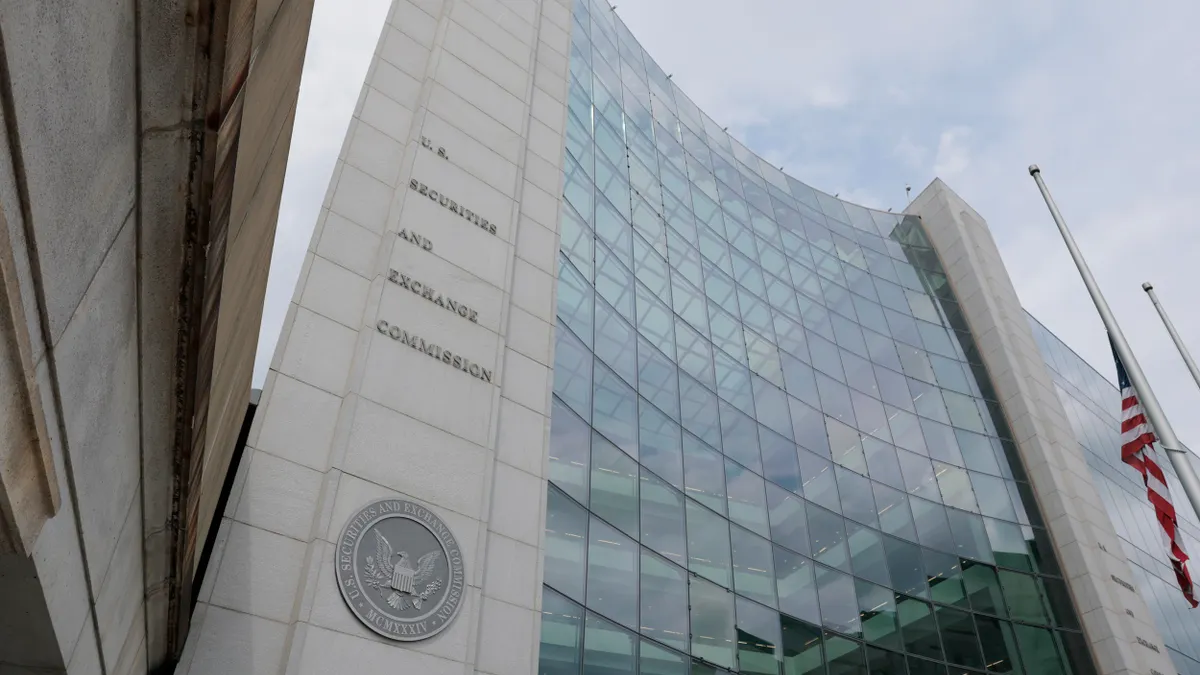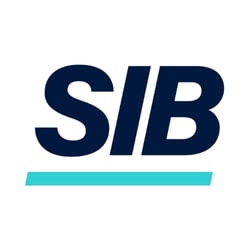A 292-page report from the Senate’s Permanent Subcommittee on Investigations’ minority staff released this week criticizes Big Four firm KPMG for the clean, “unqualified” audit opinions it issued to Silicon Valley Bank, Signature Bank and First Republic Bank prior to their collapse in 2023.
The report also reveals details about behind-the-scenes discussions between the auditor and SVB’s CFO and another bank executive in the fraught days leading up to the March 2023 bank run — shedding light on the close ties between the auditor and the bank.
The findings are the culmination of a 28-month investigation that reviewed more than 400,000 pages of documents, and nearly 100 hours of briefings and interviews with auditors and regulators, according to a press release from Sen. Richard Blumenthal (D-Conn.). Highly critical of the auditing industry, the PSI minority staff report’s title page is emblazoned with a quote: “THIS INDUSTRY IS A JOKE.”
“KPMG had years-long awareness of the problems at the banks that precipitated each bank’s eventual failure, but either ignored or justified these concerns, leaving the depositors and investors unaware of the banks’ deficient recordkeeping, troubled risk management and other concerning practices,” the report states.
KPMG slapped back at the report in an emailed statement to CFO Dive from a company spokesperson.“The Minority staff report is a misguided and erroneous opinion that stands as an outlier from the multiple investigations that have been conducted on these banks, none of which point to an auditor role in the failures,” KPMG asserted. “The Minority staff report also contains errors and draws wrong conclusions, often by omitting critical context.”
In addition, KPMG said the report calls for auditors to go beyond current PCAOB standards. “We audit to the standards, because that’s our role in the financial system and it’s the role we are trained and resourced to do effectively. Going beyond the auditing standards and our expertise undermines the role of regulators, management and boards in mitigating enterprise risk,” the statement said.
The report itself states that “no regulatory assessment suggested that KPMG played a role in the failures of the banks” and notes the subcommittee does not take a position regarding whether KPMG’s audits of the three banks violate any auditing standards.
But it does assert that KPMG ignored known dangers for all three banks. The report states KPMG did not “acknowledge” at least six serious risk factors that could threaten SVB’s survival as it finalized the audit 14 days before the bank’s failure, although KPMG disputed the subcommittee’s assessment for five of the conditions, while acknowledging a “documentation error” related to the sixth.
With regard to the other two banks, the report said KPMG dismissed allegations of fraud and overlooked recordkeeping deficiencies at Signature, and failed to warn First Republic Bank of “going concern” risks it faced or to challenge an earnings release that didn’t disclose risk.
The report comes in the wake of a recent failed attempt by Republican lawmakers to eliminate the Public Company Accounting Oversight Board, the auditor watchdog created following the Enron and WorldCom accounting scandals in 2001.
In contrast, the report asserts the auditing industry is “underregulated,” in need of reform and that the PCAOB “has been undermined by the deeply entrenched auditing industry from its creation.”
The report also examines the close relationship between KPMG and the banks, noting that KPMG audited Silicon Valley Bank for 28 years, Signature for 21 and First Republic for 31 out of 34.
There are currently no regulations in the U.S. that limit the number of years that auditors can provide their services to clients but there has been a long-simmering debate over whether there should be limits on how long an auditor can serve a client without a too-cozy relationship jeopardizing an audit’s rigor.
“While the Subcommittee’s review did not find a direct causal link between the lucrative, longstanding relationships KPMG enjoyed with Silicon Valley Bank, Signature Bank and First Republic Bank and the outcome of their respective audits, the apparent familiarity raises concerns relevant to the entire auditing industry,” the report states.
The long-standing relationship between KPMG and SVB showed signs of strain in January of 2023 after the bank’s audit committee chair emailed the SVB CFO Daniel Beck and KPMG’s lead partner for Silicon Valley bank to let them know of the board’s decision to seek bids for a new auditor for the first time since 1994, when KPMG began auditing the bank.
The partner then emailed another top Silicon Valley executive who assured them that he personally didn’t have any issue with KPMG as an auditor but that the board felt “for proper governance this is the right thing to do.” In the same email thread, the bank executive subsequently suggested KPMG sponsor a women’s cycling team he was affiliated with, for which promotional materials suggested the price would be between $3 million to $4 million. The report said the bank collapsed before the sponsorship conversation concluded.
Separately, on Jan. 25, 2023 the KPMG partner said in another email that he had “‘been having some positive interactions through text messages with [Mr. Beck] and he and I are going to meet for a drink.’” The partner told a colleague that Beck wanted to either delay the RFP or eliminate the RFP proposal. The report states that the partner and Beck ultimately met on Jan. 27, 2023 at the Blackhawk Country Club in Danville, California.
When asked what was discussed at the meeting, the partner told the subcommittee that they “talked about the high-quality audits that we ... have performed for SVB,” according to the report.
Attorneys for Beck did not respond to a request for comment.























